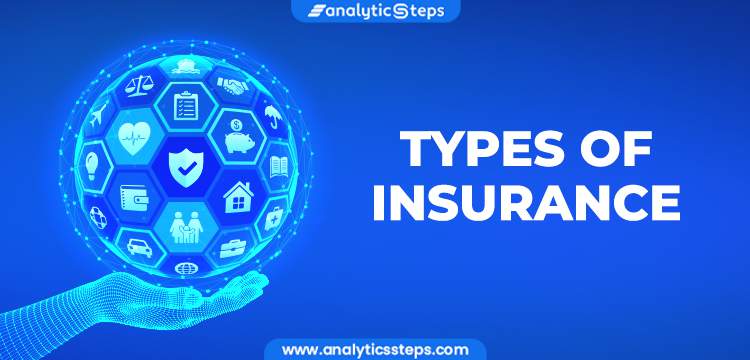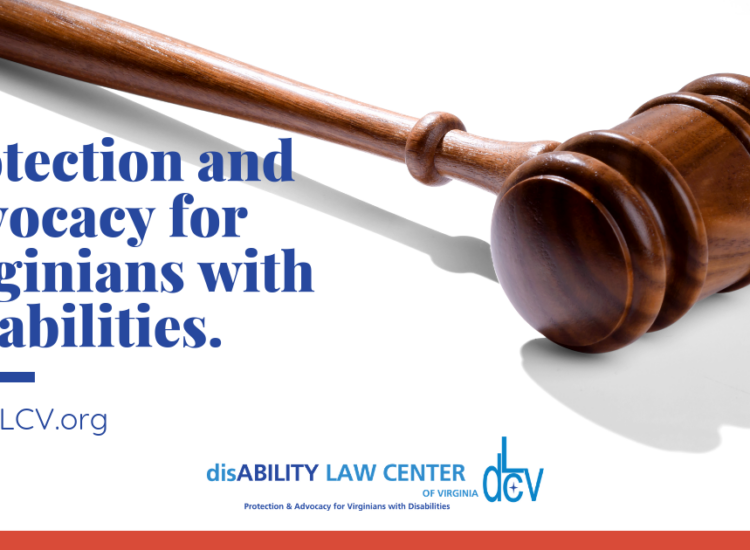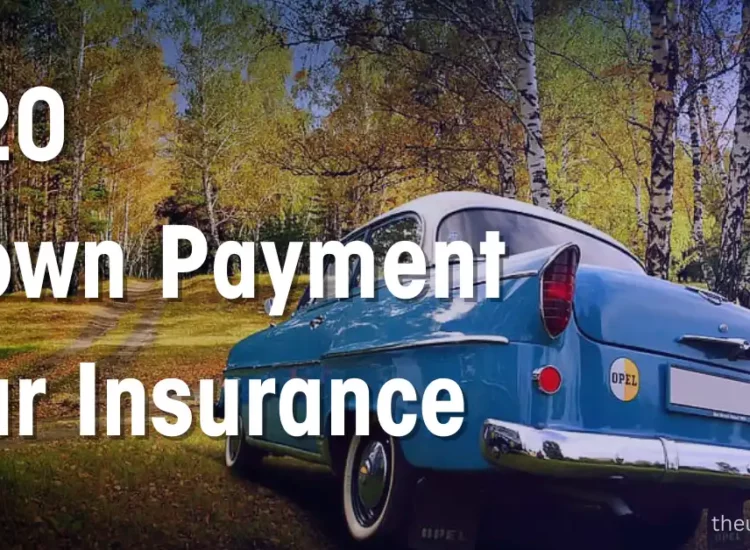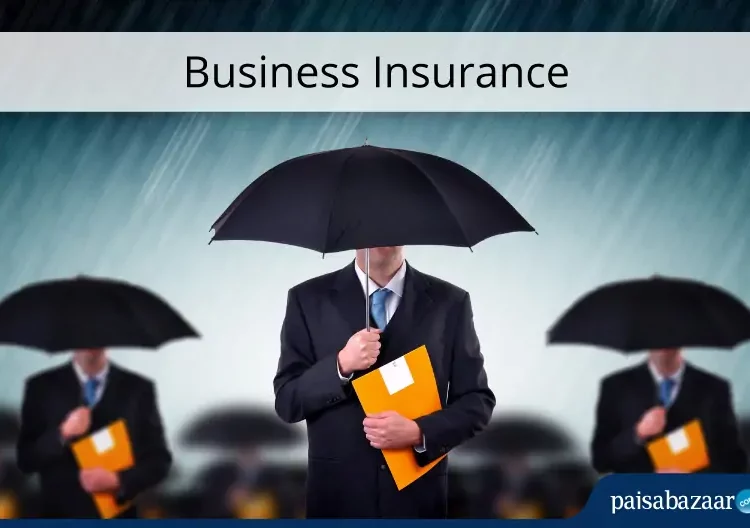In Florida, the cost of car insurance can be a significant financial burden, particularly for those seeking cheap full coverage car insurance. While many assume that comprehensive protection comes with a hefty price tag, there are strategies and providers that can help you find affordable options without sacrificing essential safeguards. The state’s unique challenges, including high accident rates and natural disasters, make understanding the landscape of cheap car insurance full coverage crucial for every driver.
Toc
- 1. Understanding Cheap Full Coverage Car Insurance in Florida
- 2. Factors Affecting Full Coverage Car Insurance Rates in Florida
- 3. Related articles 01:
- 4. Beyond Price: Choosing the Right Insurer
- 5. Strategies for Lowering Your Full Coverage Car Insurance Premiums
- 6. Related articles 02:
- 7. Frequently Asked Questions (FAQ)
- 8. Conclusion
Understanding Cheap Full Coverage Car Insurance in Florida

Full coverage car insurance encompasses a variety of protections that safeguard you against a wide range of risks. Typically, it includes three main components: liability, collision, and comprehensive coverage.
Liability Coverage
This is crucial as it protects you financially if you’re responsible for an accident that injures someone or damages their property. In Florida, where the number of accidents is high, liability coverage is not just a legal requirement but a necessity for your financial security.
Collision Coverage
This part of your policy pays for repairs to your vehicle after a collision with another car or object, regardless of fault. Given Florida’s busy roads, having collision coverage can save you from substantial out-of-pocket expenses after an accident.
Comprehensive Coverage
This protects against non-collision incidents, such as theft, vandalism, or damage from natural disasters. Florida’s susceptibility to hurricanes and floods makes this coverage particularly relevant for residents. In light of recent hurricane seasons, insurers are increasingly emphasizing the importance of comprehensive coverage, especially for those residing in coastal areas prone to flooding and wind damage.
In Florida, having full coverage is particularly important due to the state’s high accident rates, the frequency of natural disasters like hurricanes, and the elevated risk of vehicle theft. Driving with only the minimum required coverage can leave you financially vulnerable in the event of a serious accident.
Factors Affecting Full Coverage Car Insurance Rates in Florida

Several key factors play a significant role in determining the cost of cheap full coverage car insurance in Florida:
Driving Record
Your driving history is one of the most influential factors in your car insurance rates. Accidents, speeding tickets, and DUI convictions can lead to increased premiums. In Florida, a single moving violation can significantly increase your insurance premiums. For instance, a speeding ticket exceeding 15 mph over the limit can result in a rate increase of 10-20%. Multiple violations within a short period can lead to even steeper hikes, potentially doubling your premiums. On the flip side, maintaining a clean driving record can help you secure lower rates. Consider enrolling in a defensive driving course to demonstrate your commitment to safe driving, which may also qualify you for discounts. Insurers often view safe drivers as lower risk, which can translate into significant savings on your premiums.
Age and Gender
Younger drivers, particularly those under 25, often face higher premiums than older, more experienced drivers. This is largely due to statistical data showing that younger drivers are more likely to be involved in accidents. Additionally, studies show that male drivers typically pay slightly more than female drivers. Understanding these demographics can help you anticipate your potential costs when seeking full coverage car insurance cheap options.
Credit Score
In Florida, your credit score can significantly affect your car insurance costs. Insurers often consider drivers with poor credit to be higher risk, leading to increased rates. Therefore, maintaining a good credit score is essential for securing the best full coverage car insurance rates. It’s advisable to regularly check your credit report for inaccuracies and take steps to improve your score, such as paying bills on time and reducing credit card balances.
Vehicle Type
The make, model, and age of your vehicle also influence your full coverage premiums. Insurers assess factors such as the vehicle’s value, safety ratings, and theft risk. For example, sports cars and luxury vehicles often come with higher insurance costs, while sedans and vehicles with high safety ratings can be more affordable to insure. Vehicles equipped with advanced safety features like anti-lock brakes, electronic stability control, and lane departure warning systems often qualify for discounts. These features demonstrate a lower risk of accidents and can lead to substantial savings on your premiums. When shopping for a vehicle, consider how the type of car you choose will impact your insurance rates.
Location
Your geographical location within Florida can impact your insurance rates. Drivers residing in high-risk areas with elevated accident or crime rates may pay more than those in safer neighborhoods. For example, urban areas like Miami may have higher premiums compared to rural locations due to the increased likelihood of accidents and theft. It’s important to research local insurance rates and consider moving to a lower-risk area if possible.
The Importance of Comparing Quotes
Finding the best full coverage car insurance involves comparing multiple providers. Based on recent research, here are the top five companies offering cheap car insurance full coverage in Florida for 2024:
|
Company |
Average Annual Rate |
|---|---|
|
Geico
|
$2,087 |
|
Travelers |
$2,371 |
|
State Farm |
$2,947 |
|
USAA |
$3,192 |
|
National General |
$3,272 |
Methodology: The rates provided are based on comprehensive market research conducted in February 2024, considering various driver profiles and coverage levels. This data reflects average rates for drivers with good credit and a clean driving record. It’s crucial to note that these rates are averages and may vary significantly based on individual factors like driving history, age, and vehicle type. It’s highly recommended to obtain personalized quotes from multiple insurers to find the most competitive rates for your specific situation. Additionally, regularly reviewing your insurance coverage and rates is essential to ensure you are getting the best deal available. As such, it’s recommended to compare quotes at least once a year or whenever your circumstances change.
Beyond Price: Choosing the Right Insurer
While Geico offers the lowest average annual rates, it’s essential to consider factors beyond just price. Look into customer satisfaction ratings, financial stability, and available discounts from each provider. For instance, while Geico might provide the cheapest rates, other companies like State Farm may offer superior customer service and a broader array of discounts. While Geico may offer the lowest average rates, it’s important to consider factors like customer service, claims processing speed, and the availability of specialized coverage options when selecting an insurer. Shopping around and comparing quotes can help you find the most suitable policy for your needs.
Strategies for Lowering Your Full Coverage Car Insurance Premiums

If you’re looking for car insurance full coverage cheap options, consider implementing the following strategies to reduce your premiums:
Improve Your Driving Record
A clean driving record is crucial for keeping your insurance rates low. Avoid accidents and traffic violations, and consider taking a defensive driving course to enhance your skills and potentially earn discounts on your premiums. Many insurers offer incentives for completing such courses, which not only help you become a safer driver but can also lead to immediate savings.
Consider Usage-Based Insurance
Many insurers now offer telematics or usage-based insurance programs. These programs track your driving habits, allowing you to receive discounts for safe driving behavior. Usage-Based Insurance (UBI) programs are gaining traction in Florida. These programs utilize telematics devices to track your driving habits, rewarding you with discounts for safe driving behavior. Features like smooth acceleration, braking, and adherence to speed limits can lead to significant premium reductions. If you’re a cautious driver, this option could save you money. Additionally, some programs reward you for driving less, which can be beneficial if you work from home or have a short commute.
Negotiate with Your Insurer
Don’t hesitate to contact your current insurance provider to inquire about additional discounts or rate adjustments. If you’ve been a long-time customer, they may be willing to work with you to reduce your premiums. Don’t be afraid to shop around and let your insurer know you’re considering other options; they might offer you a better deal to keep your business.
Review Your Coverage Regularly
It’s essential to periodically review your insurance policy. As your vehicle ages, you may find that you can reduce or eliminate collision and comprehensive coverage without sacrificing your financial security. This can help you achieve a more affordable car insurance full coverage plan. Additionally, if your car’s value depreciates significantly, it might not make sense to pay for full coverage.
Bundle Insurance Policies
Consider bundling your car insurance with other types of insurance, such as homeowners or renters insurance. Many insurers offer discounts for bundling policies, which can lead to significant savings overall. This strategy not only simplifies your insurance management but also helps you secure the best full coverage car insurance at a lower rate.
Take Advantage of Discounts
Many insurers offer various discounts that can significantly lower your premiums. Common discounts include those for good drivers, good students, defensive driving, multi-vehicle, and multi-policy discounts. Be sure to inquire about all potential savings with your insurer, as these discounts can vary widely between companies.
1. https://thegioiloaica.com/archive/9465/
2. https://thegioiloaica.com/archive/9464/
Consider Your Vehicle Type
The type and age of your vehicle can significantly impact your insurance premiums. Generally, newer and more expensive cars cost more to insure due to higher repair and replacement costs. Conversely, older vehicles with lower market values may qualify for lower premiums. Additionally, certain vehicle models are more prone to theft or have higher accident rates, which can also drive up costs. When selecting a car, consider how its make, model, and age will affect your insurance rates. Opting for a vehicle with advanced safety features and good crash-test ratings may help you obtain cheaper car insurance full coverage.
Adjust Your Deductibles
One effective way to lower your insurance premiums is by adjusting your deductibles. By choosing a higher deductible, you agree to pay more out of pocket in the event of a claim, which typically results in lower annual premiums. However, it’s crucial to ensure that you can afford the deductible amount you choose in case of an accident or damage. Carefully weigh the potential savings against the financial risk to determine the most suitable deductible for your situation.
Maintain Good Credit
In many states, including Florida, insurers use credit scores as a factor in determining premiums. A higher credit score often translates to lower insurance rates, as insurers view individuals with good credit as less risky. Therefore, it’s essential to maintain a strong credit history by paying bills on time, keeping credit card balances low, and regularly reviewing your credit report for errors. Improving your credit score over time can lead to significant savings on your car insurance full coverage.
Frequently Asked Questions (FAQ)

Is it illegal to drive without car insurance in Florida?
Yes, it is illegal to operate a vehicle in Florida without the state’s minimum required car insurance coverage. Driving uninsured can lead to fines, license suspension, and even jail time.
How much is the minimum car insurance required in Florida?
Florida law mandates that drivers carry at least $10,000 in Personal Injury Protection (PIP) coverage and $10,000 in Property Damage Liability (PDL) coverage. However, these minimums may not be sufficient for full financial protection in the event of an accident.
What happens if my car insurance company leaves Florida?
If your insurance provider withdraws from the Florida market, you will need to find a new insurer. You can contact the Florida Office of Insurance Regulation for a list of licensed insurers operating in the state. It’s advisable to start this process as soon as you learn about your insurer’s departure to avoid any gaps in coverage.
How can I find the cheapest car insurance for my specific needs?
The best way to find affordable full coverage car insurance is to compare quotes from multiple providers. Utilize online comparison tools and consider working with an independent insurance agent to find the right policy tailored to your needs and budget.
What are some common discounts available for car insurance in Florida?
Florida drivers may qualify for various discounts, including those for good drivers, good students, defensive driving, multi-vehicle, and multi-policy discounts. Be sure to inquire about all potential savings with your insurer, as these discounts can vary widely between companies.
Conclusion

Finding cheap full coverage car insurance in Florida requires thorough research, comparison, and negotiation. By understanding the factors that influence your rates, exploring available discounts, and comparing quotes from multiple insurers, you can secure the coverage you need at an affordable price. Remember, your safety on the road is paramount, and choosing the right insurance policy is a crucial step in protecting yourself and your vehicle. Stay informed and proactive to navigate the complexities of Florida’s car insurance market effectively. By applying the strategies outlined in this guide, you can confidently find the best full coverage car insurance tailored to your specific needs and budget.















